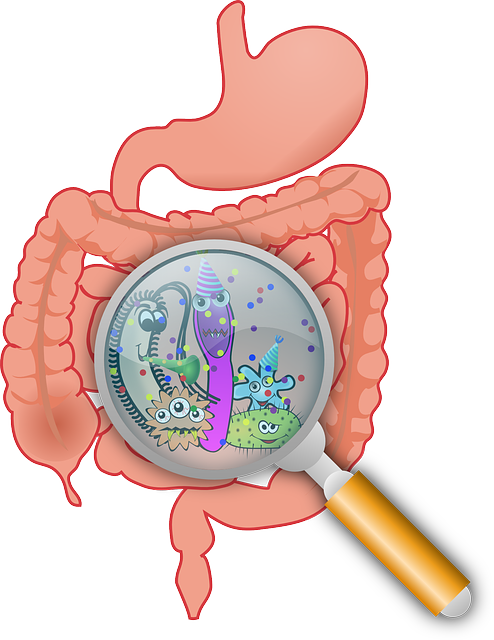
Eating processed foods can alter the gut microbiome
If you’re a reader of food labels, you’ve likely encountered an ingredient called xanthan gum in everything from yogurt to baked goods to salad dressing. Xanthan gum is commonly added to processed foods, foods that have been altered from their natural state and which make up almost 70 percent of the typical U.S. diet. It is often used as a thickener due to its unique ability to make liquids more viscous.
A new study led by Matthew Ostrowski, Ph.D. and Eric Martens, Ph.D. of the University of Michigan Medical School Department of Microbiology and Immunology, and Sabina Leanti La Rosa, Ph.D. and Phillip Pope, Ph.D. of the Norwegian University of Life Sciences, examines the ability of the human gut microbiome to digest this relatively recently introduced food ingredient.
Xanthan gum processing appears to be driven by one microbe, a bacterium from the family Ruminococcaceae, which breaks down the carbohydrates in xanthan gum. A different gut bacterium, Bacteroides intestinalis, feeds on the smaller carbohydrates released by the Ruminococcaceae bacterium. Bacterial consumption of xanthan gum likely leads to the production of short-chain fatty acids that play roles in intestinal health and can contribute to total caloric intake.
Read more...







